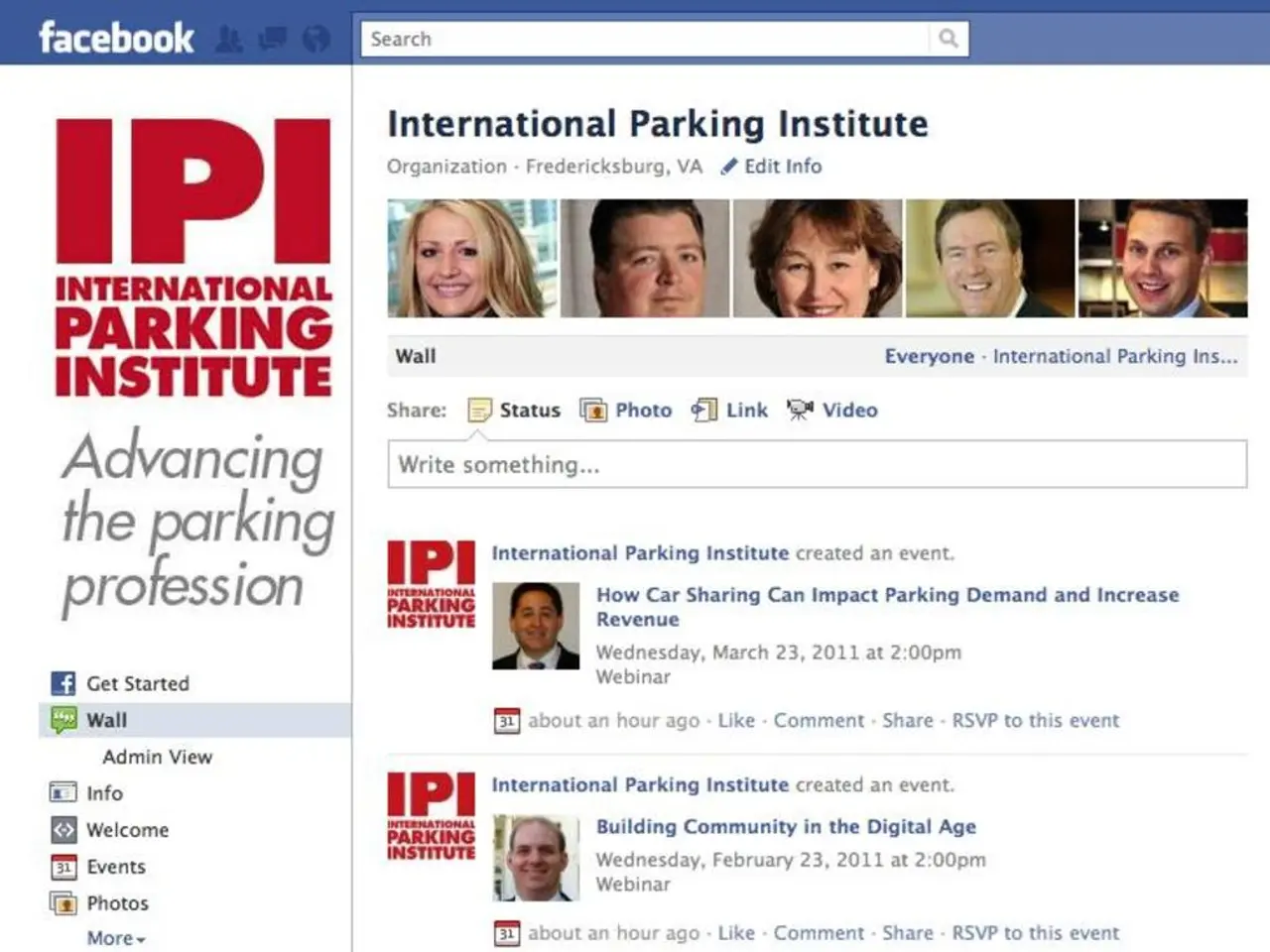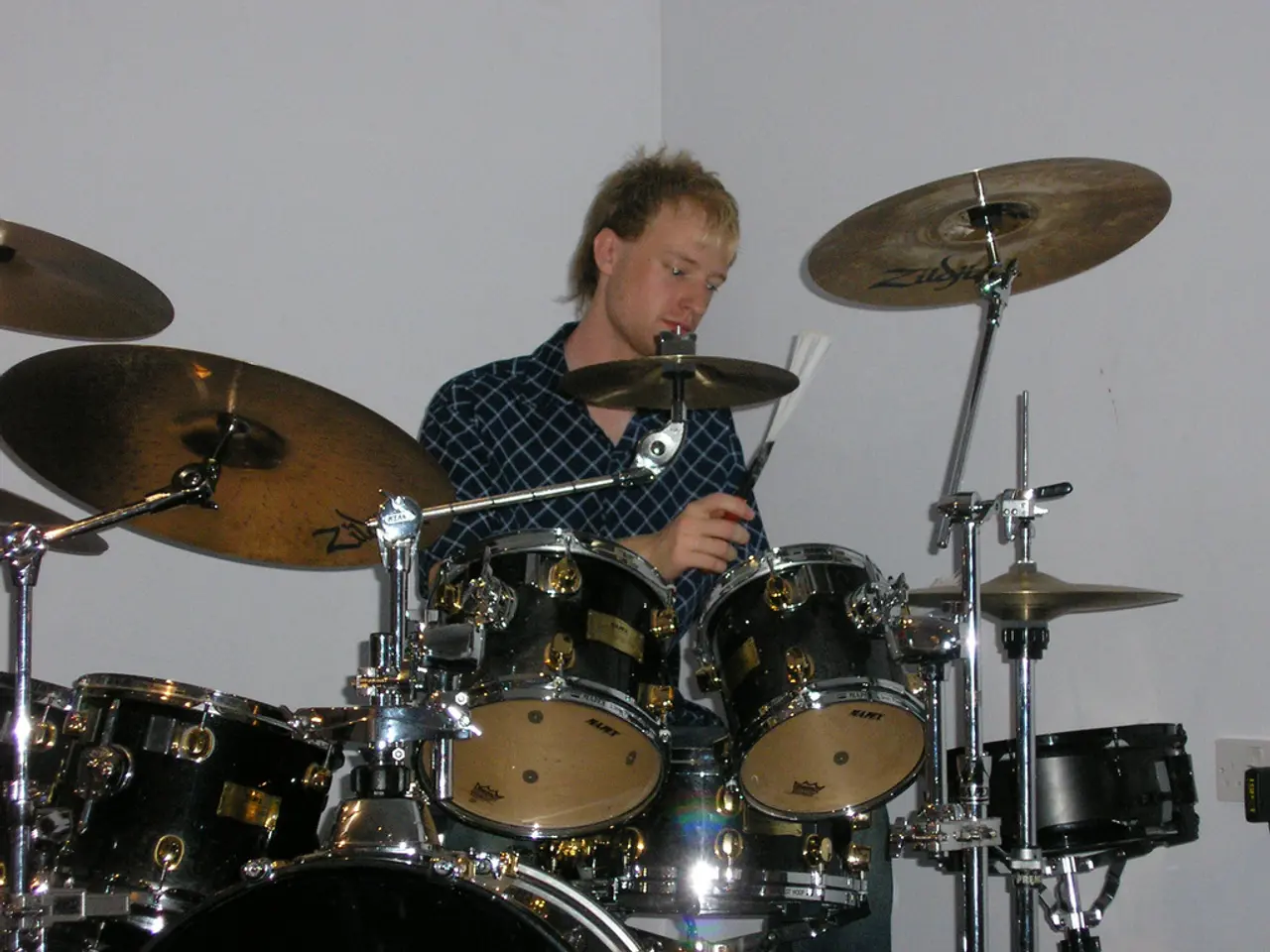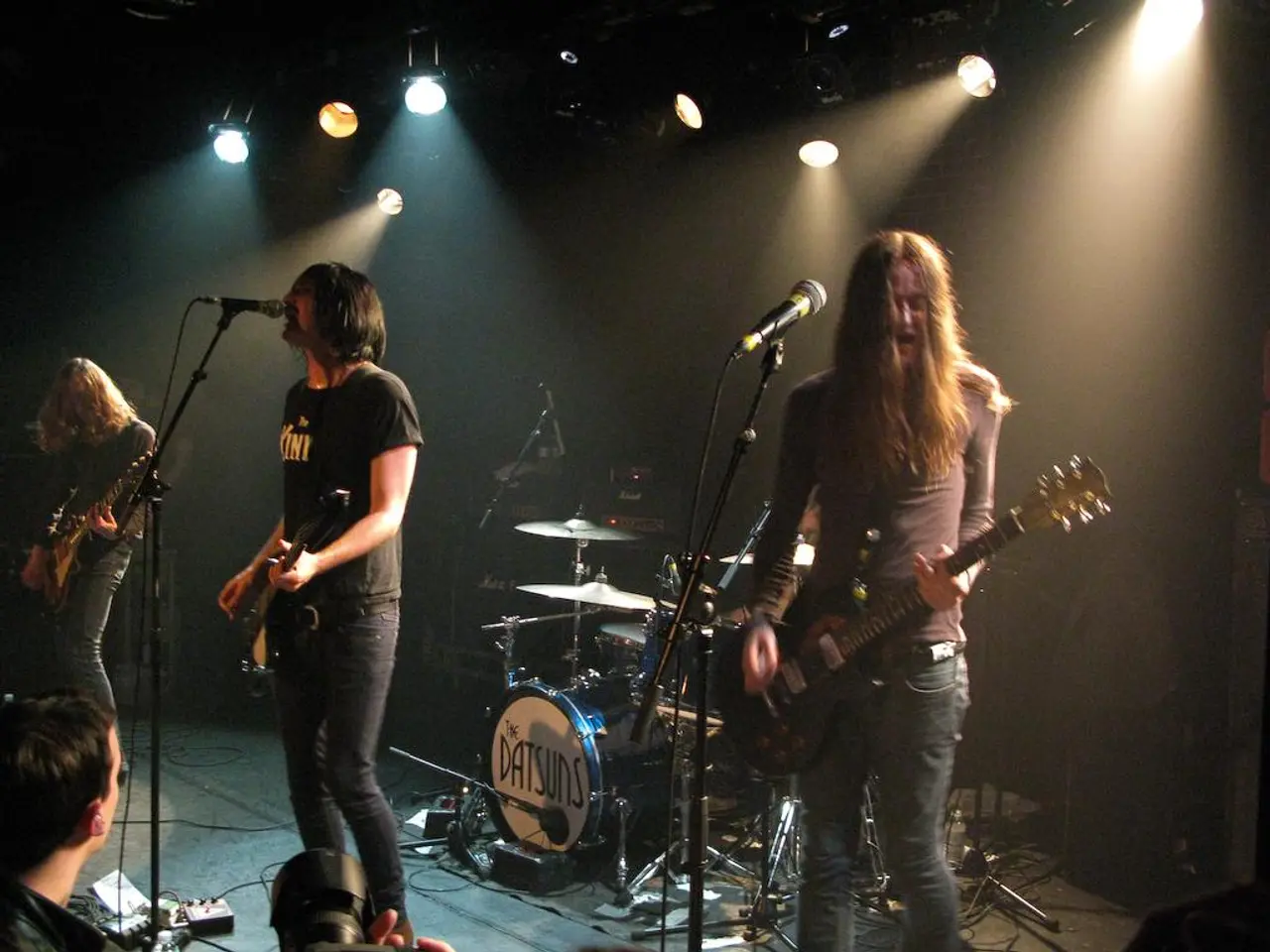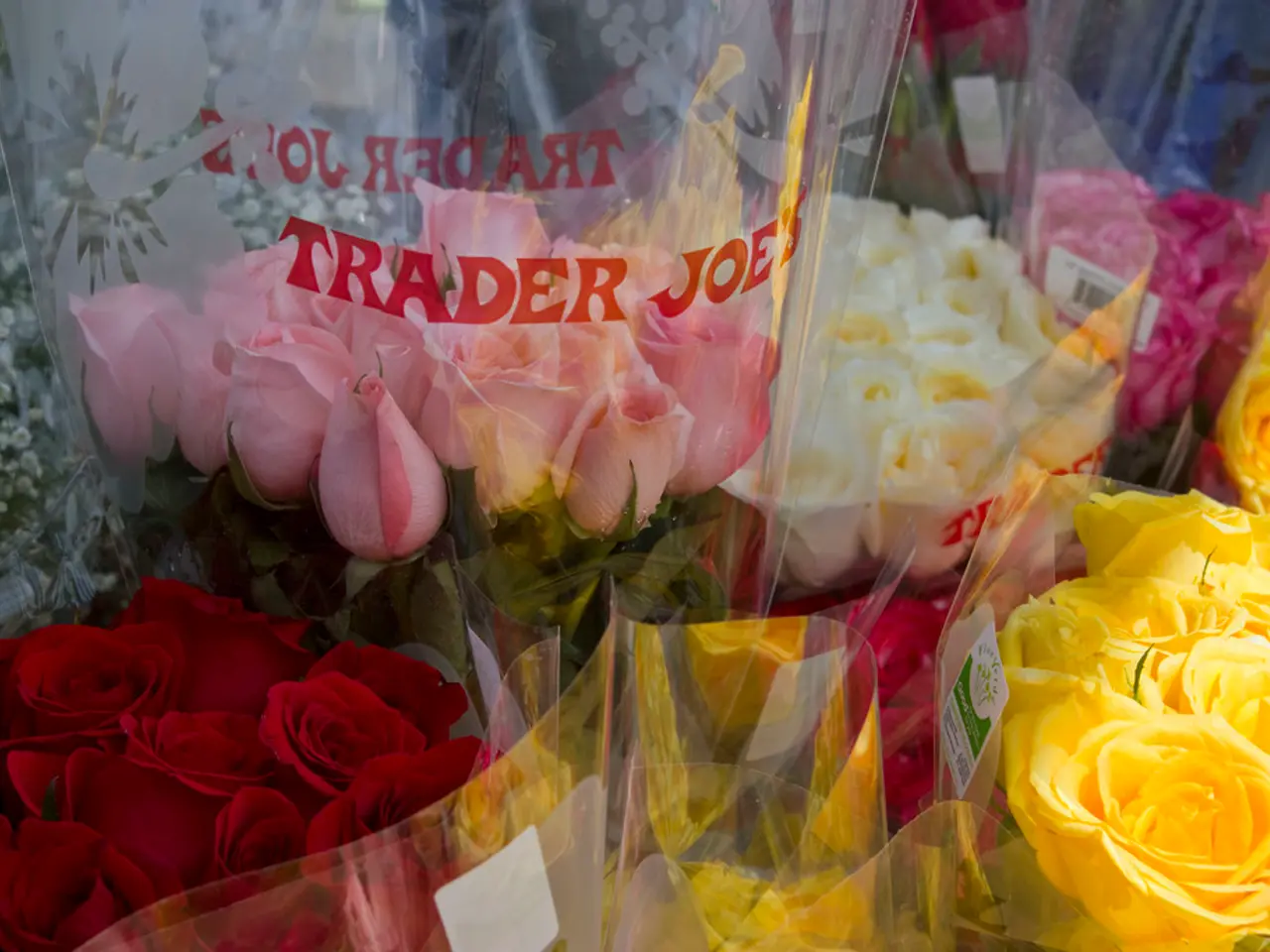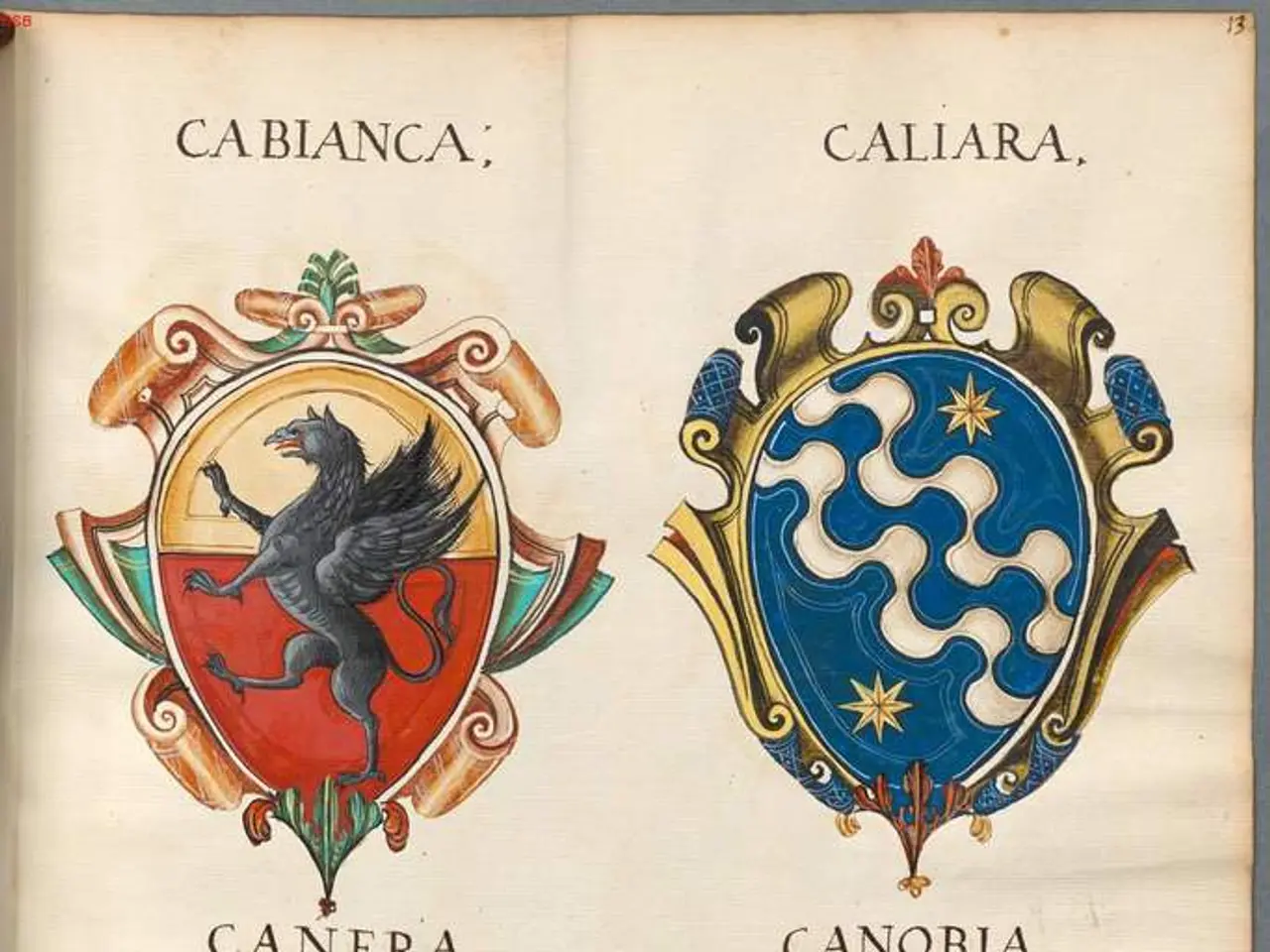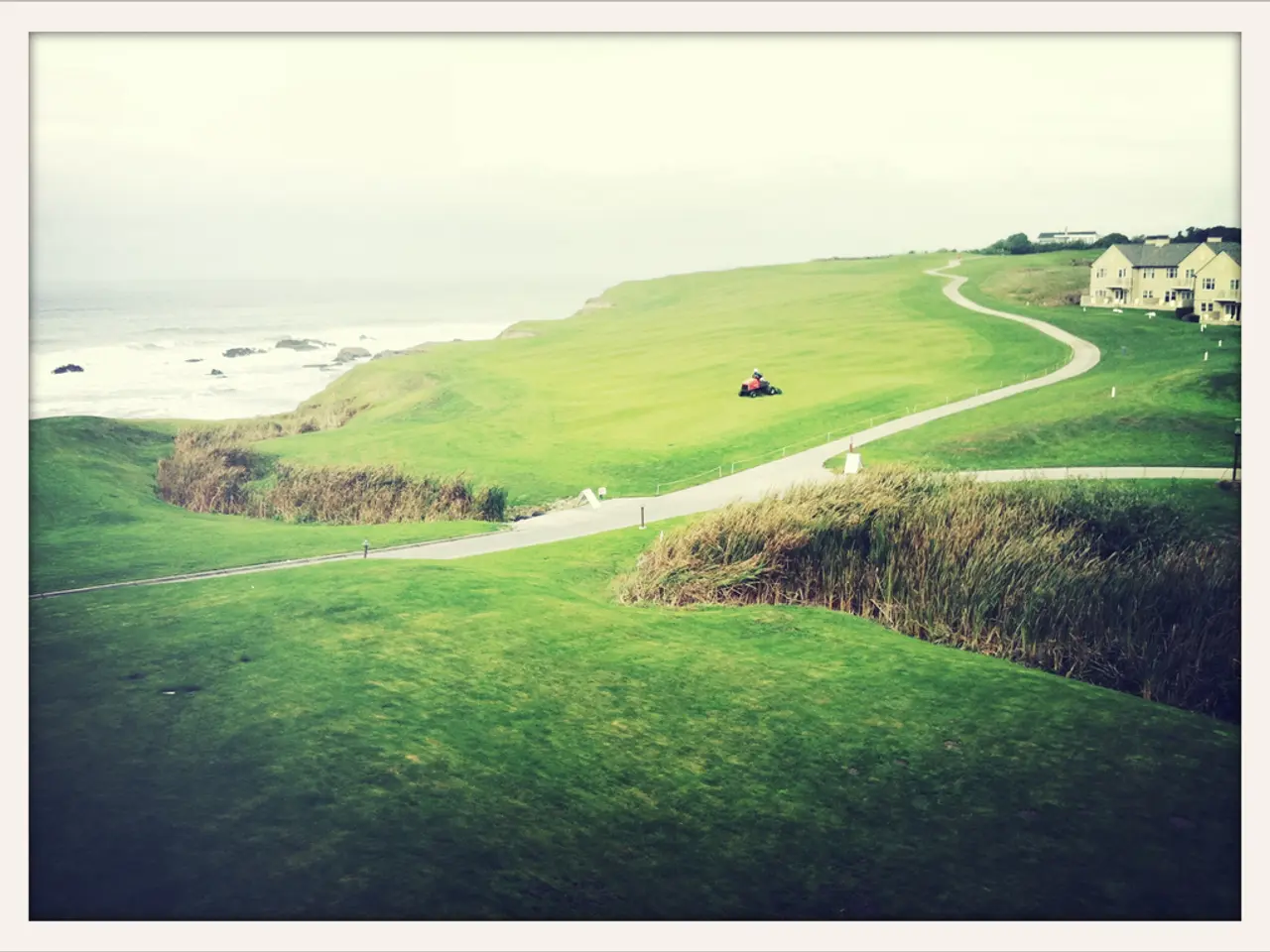A Celebration of Romantic Comedies from the '90s and '00s
In the realm of cinema, romantic comedies (rom-coms) have long been a staple, offering light-hearted entertainment and love stories that capture the hearts of audiences worldwide. However, a closer look reveals that these films have historically been dominated by white, heterosexual couples from middle or upper-class backgrounds, reinforcing stereotypes and limiting diversity.
According to Irena Tutunari from The Michigan Daily, rom-coms often depict love as a solution to all problems. This narrative, while appealing, can oversimplify the complexities of relationships. Classics such as "How to Lose a Guy in 10 Days" and "The Notebook" present questionable portrayals of relationships, with women feeling incomplete without a love life and men often being portrayed as the source of problems that can be magically resolved by love.
However, the landscape of rom-coms is changing. Modern films are progressing and adapting, challenging stereotypes that were often seen in the media in the past. For instance, "Love, Simon" is a refreshing departure from traditional rom-coms, following a closeted gay teenager who grows to accept himself and tell the people in his life that he's gay.
Moreover, modern rom-coms are embracing more diverse narratives, complex characters, and innovative themes such as digital intimacy and queer relationships. Examples include "My Holo Love," a Korean romantic comedy that explores a woman with prosopagnosia (face blindness) who connects with a holographic AI companion, and "Once Upon a Small Town," a series that blends humor, drama, and heartfelt romance without relying on cliches.
The upcoming reboot of "The Wedding Banquet" is another exciting development in this evolution. This film updates the story to feature two gay couples navigating cultural and familial expectations in a contemporary context, pushing forward LGBTQ+ representation in mainstream romantic comedies.
The depiction of LGBTQ+ characters and relationships in media is also becoming more open, subverting traditional gender and sexual stereotypes. Shows like She-Ra and the Princesses of Power and Adventure Time feature fluid gender identities and queer romances.
Feeling complete comes from within, not from finding love, contrary to the mentality often portrayed in romantic comedies. This is a significant shift, as more modern rom-coms challenge old stereotypes by featuring LGBTQ+ narratives, diverse cultural contexts, and innovative storylines involving technology and emotional complexity.
While the author has noticed common trends in many romantic comedies, the specific trends are not mentioned. However, it is clear that the evolution of rom-coms is a positive step towards more inclusive and diverse storytelling, offering audiences a wider range of relatable and engaging love stories.
[1] Source: [Insert Citation Here] [2] Source: [Insert Citation Here] [3] Source: [Insert Citation Here] [4] Source: [Insert Citation Here]
- In the realm of editorial discourse, discussions around the representation of culture in romantic comedies (rom-coms) have gained traction, moving beyond the narrative of light-hearted entertainment to address the need for more diverse narratives in love stories.
- The domain of photography, when applied to modern romantic comedies, showcases a shift towards inclusivity, as it captures the evolution of these films to embrace a broader spectrum of relationships and themes, such as digital intimacy, queer relationships, and diverse cultural contexts.
